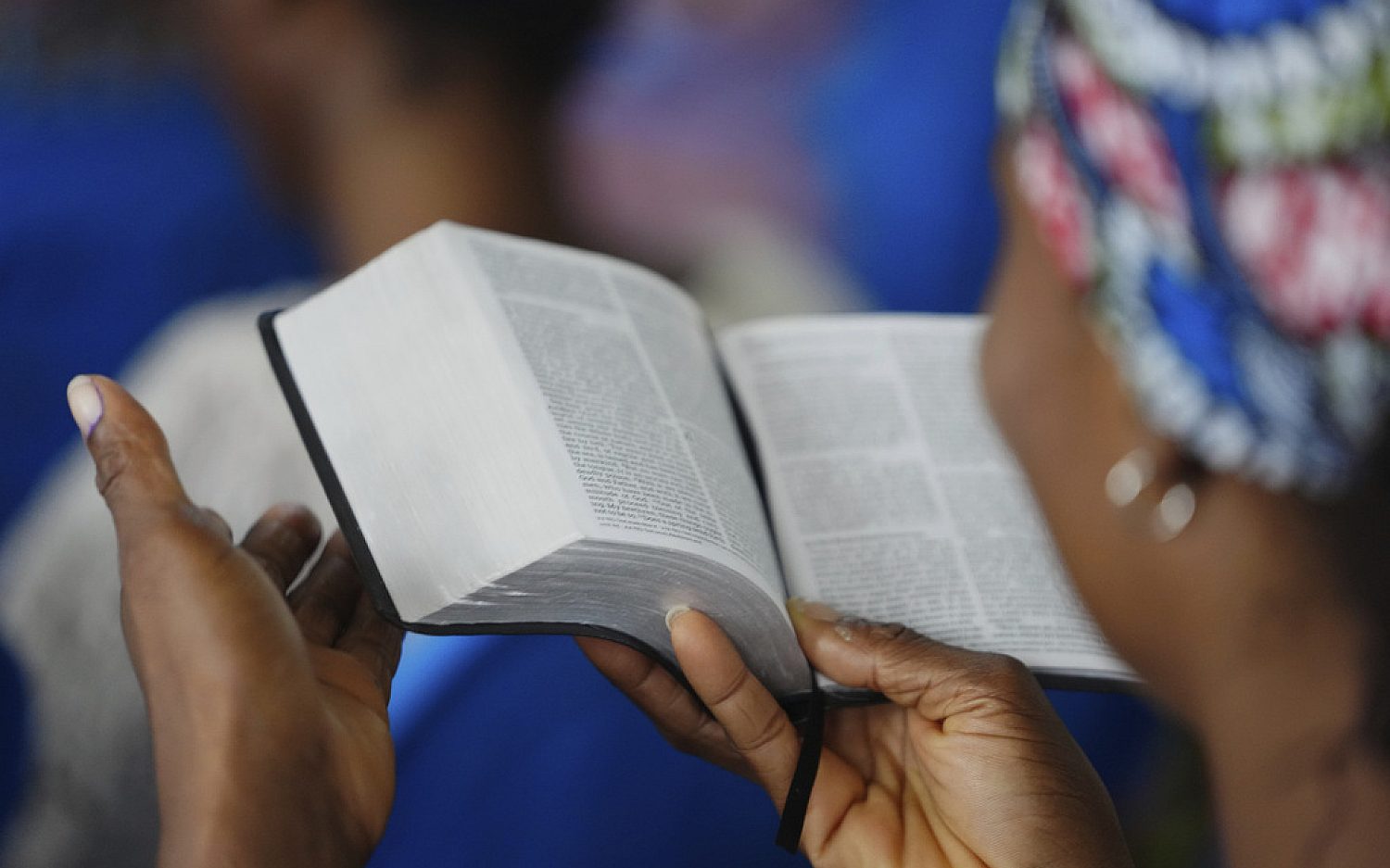New York Times goes off the deep end over women's swimming hours
A New York Times critique of women-only swimming hours for Hasidic Jews is making waves, particularly since earlier this year the Times praised a Toronto aquatic center’s protections of Muslim modesty with screened lanes and female-exclusive hours.
A few months ago, a complaint to New York City’s Commission of Human Rights initially threw unisex hours at Brooklyn’s Metropolitan Pool into a national discussion.
“Four times a week this summer,” the editorial stated, “a public swimming pool on Bedford Avenue in Brooklyn will be temporarily unmoored from the laws of New York City and the Constitution, and commonly held principles of fairness and equal access.”
The editorial hit the presses last Wednesday, championing gender-inclusive swim time and the separation of church and state. Jewish supporters of the hours soon took to the media and, diving headlong into the pool debacle, claimed that women-only hours are not a need just for Hasidic Jews but believers of other faiths (or none at all).
“Orthodox Jews, moreover, are not the only New Yorkers who hew to a different view of modesty than the contemporary one,” Orthodox Rabbi Avi Shafran wrote on his blog. “Traditional Muslims, many Christians and women of no particular ethnicity or faith have similar convictions.”
Brooklyn’s recreation center has offered its extensive Hasidic community—an orthodox sect requiring long-sleeves, long skirts, and head coverings for women in public—“women only” hours since the 1990s. The accommodation serves about 50 women per time slot. The pool planned to discontinue the accommodation June 11, but protests from Hasid swimmers pulled “women’s swim” back onto the schedule.
The policy mimics accommodations at public pools from St. Paul, Minn., to San Diego and private schools from Princeton to George Washington University that now cater to a largely Muslim clientele, wrote Yair Rosenburg of the Jewish lifestyle magazine Tablet.
He pointed out the editorial’s failure to mention any Muslim accommodations, claiming the criticism was anti-Semitic and rivaled that made by anti-Muslim activists.
“If the Times opposes such accommodations for Muslims, it ought to say so explicitly and own the implications for the integration of Muslims into American life,” Rosenburg stated. “And if it doesn’t, it ought to reconsider its selective opprobrium for religious Jews engaging in the same practice.”
New York Daily News journalist and Orthodox Jew, Avital Chizhik-Goldschmidt, said even though Hasidic Jewish beliefs demand the separation of sexes during swim time, unisex swim time can provide privacy to women and—in the case of rare male-only swims—men from all backgrounds.
“A lot hinges on a woman’s modesty,” she said. “Some of us find it spiritually inspiring, and some of us consider it a matter of dignity, a way of wearing the badge of our heritage on our sleeves. Some of us cover ourselves so that others see us first as minds and hearts before bodies.”
Chizhik-Goldschmidt is not a Hasidic Jew, but her religious similarities allow for greater understanding of the sect’s beliefs on modesty and God—and Muslim views as well.
She said the religious aspect of the issue had been blown out of proportion and she hoped that women from the devout Muslim to the “secular hipster from the Williamsburg neighborhood looking to get cool” could benefit from unisex pool hours.
“The distinction is so unfortunate,” she said. “Separate hours are something we can all appreciate.”
An actual newsletter worth subscribing to instead of just a collection of links. —Adam
Sign up to receive The Sift email newsletter each weekday morning for the latest headlines from WORLD’s breaking news team.




Please wait while we load the latest comments...
Comments
Please register, subscribe, or log in to comment on this article.